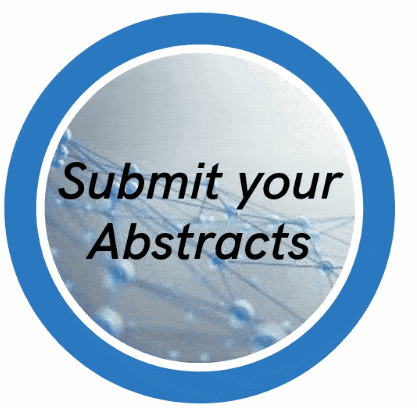
Shyamapada Mandal
University of Gour Banga, India
Title: Exploring the multiple antibiotic resistance of potential human pathogenic bacteria from aquatic systems: a local action of global concern
Biography
Biography: Shyamapada Mandal
Abstract
This research explores the plasmid mediated antibiotic resistance of riverwater and sewage wastewater bacteria in Malda (West Bengal state), India. Potential pathogenic bacteria were isolated from Mahananda riverwater, for which multiple antibiotic resistance (MAR) phenotypes ranged from 4-drug resistance (Streptococcus pneumoniae and Enterococcus faecalis) to 9-drug resistance (Pseudomonas aeruginosa), municipality sewage wastewater: 7-drug resistance (Klebsiella pneumoniae and Proteus vulgaris) to 11-drug resistance (Pseudomonas aeruginosa), and the University sewage wastewater: 7-drug resistance (Enterococcus faecalis) to 12-drug resistance (Escherichia coli). The environmentally isolated bacteria had a single plasmid (≈54 kb) conferring multiple antibiotic resistances as well as tolerance to heavy metals (Hg+2, Cd+2, Cr+6 and Cu+2). For the Mahananda riverwater bacteria, MAR indices ranged from 0.11 to 0.47, while the wastewater bacteria from the University sewage system, displayed MAR indices 0.39 – 0.63, and the MAR indices for bacteria from municipal sewage system ranged 0.44 – 0.58. The SDS-PAGE analysis of heavy metal-stress (Cd: 25-µg/ml) protein among sewage wastewater bacteria reveals the expression of protein bands of two different sizes: 59.25 KDa and 10.56 KDa. The aquatic bacteria, herein, constituted the potential human pathogens, including ‘ESKAPE’ (Enterococcus faecalis, Staphylococcus aureus, Klebsiella pneumoniae, Acinetobacter baumannii, Pseudomonas aeruginosa, Escherichia coli) pathogens, which represent a severe threat of emerging inoperable MDR (multidrug resistant) infections to humans. The current study thus demonstrates the urgent need of public awareness on the issues of misuse and/or overuse of antibiotics, in order to tackle the emergence of MDR bacteria, locally as well as globally.

